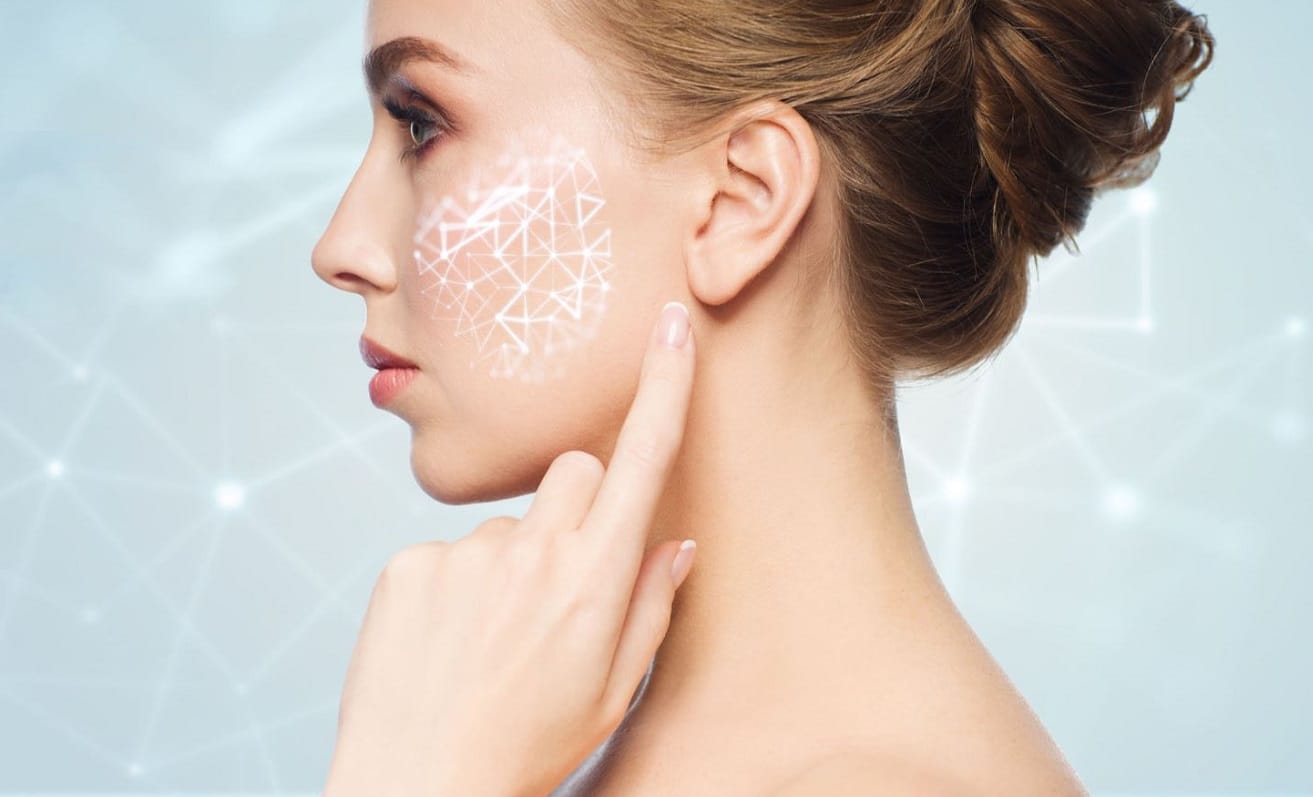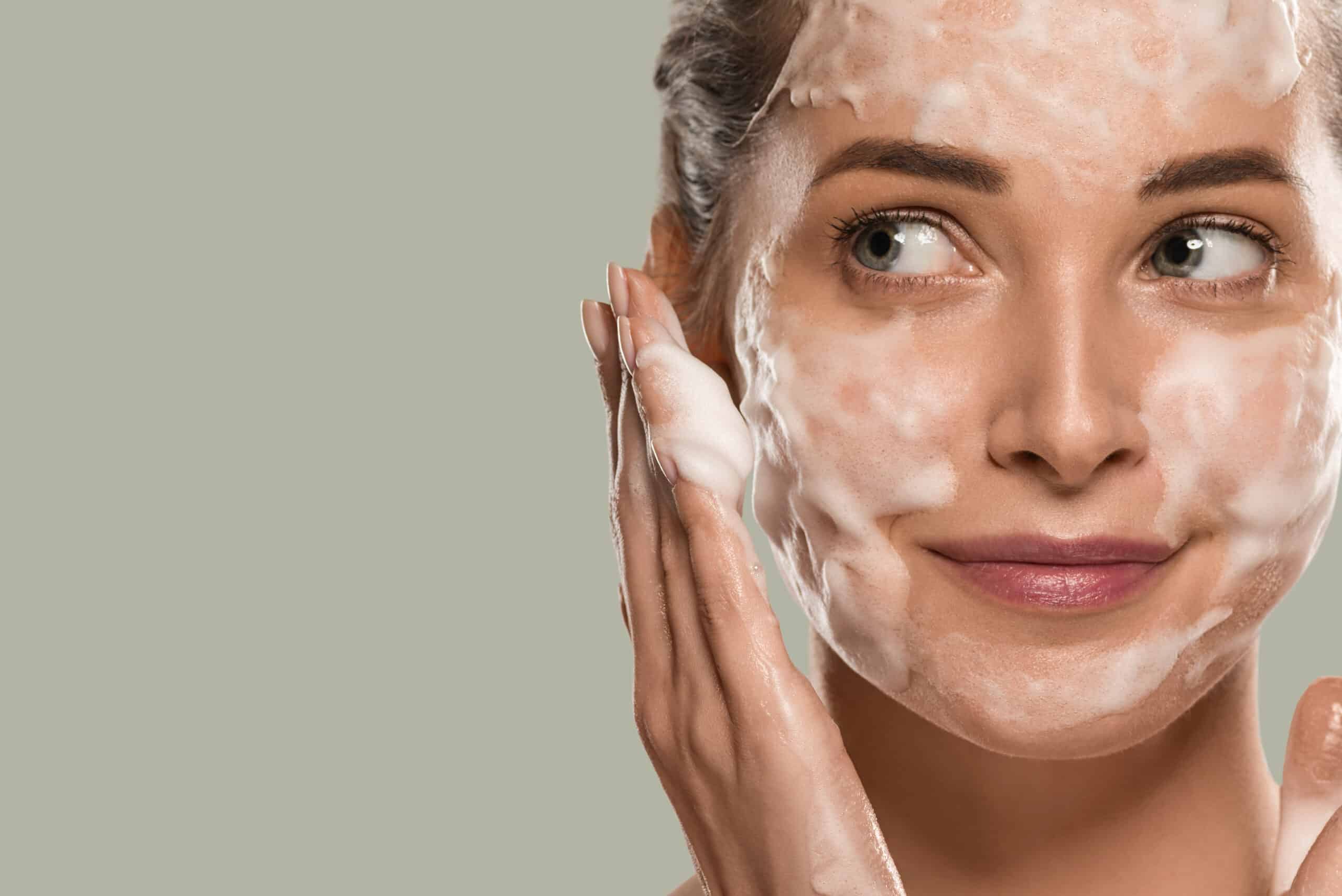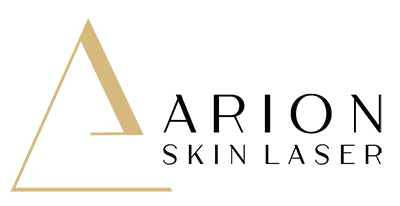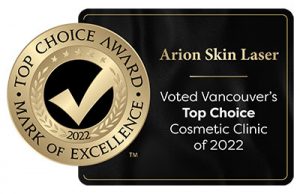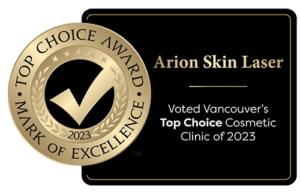Finding the right skincare products can be a daunting task, especially with the multitude of options available. This comprehensive guide will help you navigate the world of skincare and select the best products for your skin type and concerns.
Understanding Your Skin Type
Before you can choose the right skincare products, it’s essential to understand your skin type. Your skin type can significantly impact how your skin reacts to different products.
Identifying Your Skin Type
- Normal Skin: Balanced, not too oily or dry, with few imperfections.
- Oily Skin: Enlarged pores, shiny appearance, prone to acne and blackheads.
- Dry Skin: Flaky, rough, and tight, often with visible lines and dullness.
- Combination Skin: A mix of oily and dry areas, typically oily in the T-zone (forehead, nose, and chin) and dry elsewhere.
- Sensitive Skin: Prone to redness, irritation, and reactions to products.
Key Ingredients to Look for in Skincare Products
Understanding which ingredients benefit your skin type can make a significant difference in your skincare routine.
For Normal Skin
- Hyaluronic Acid: Keeps skin hydrated.
- Antioxidants: Protect skin from environmental damage.
- Vitamin C: Brightens and evens skin tone.
For Oily Skin
- Salicylic Acid: Helps clear pores and reduce acne.
- Niacinamide: Controls oil production and minimizes pores.
- Clay: Absorbs excess oil and detoxifies skin.
For Dry Skin
- Ceramides: Restore the skin’s natural barrier.
- Glycerin: Attracts moisture to the skin.
- Shea Butter: Provides intense hydration and nourishment.
For Combination Skin
- Glycolic Acid: Exfoliates and balances skin.
- Jojoba Oil: Hydrates without clogging pores.
- Aloe Vera: Soothes and hydrates both dry and oily areas.
For Sensitive Skin
- Chamomile: Reduces inflammation and soothes skin.
- Green Tea Extract: Provides anti-inflammatory benefits.
- Oatmeal: Calms and protects the skin barrier.
Building an Effective Skincare Routine
A consistent skincare routine is crucial for achieving and maintaining healthy skin. Here’s a step-by-step guide to building an effective routine:
Cleansing
Start with a gentle cleanser suited to your skin type. Cleansing removes dirt, oil, and makeup, preparing your skin for the next steps in your routine.
Toning
Toners help balance the skin’s pH and remove any residual impurities after cleansing. Choose a toner that suits your skin type:
- Normal Skin: Hydrating toner with antioxidants.
- Oily Skin: Astringent toner with salicylic acid.
- Dry Skin: Moisturizing toner with glycerin.
- Combination Skin: Balancing toner with glycolic acid.
- Sensitive Skin: Soothing toner with chamomile.
Treatment Serums
Serums are concentrated products designed to target specific skin concerns:
- Anti-Aging: Look for serums with retinol or peptides.
- Brightening: Choose serums with vitamin C or niacinamide.
- Hydrating: Opt for serums with hyaluronic acid or glycerin.
Moisturizing
Moisturizers help lock in hydration and protect the skin barrier. Select a moisturizer based on your skin type:
- Normal Skin: Lightweight moisturizer with hyaluronic acid.
- Oily Skin: Oil-free, non-comedogenic moisturizer.
- Dry Skin: Rich, creamy moisturizer with ceramides and shea butter.
- Combination Skin: Gel-based moisturizer with balancing ingredients.
- Sensitive Skin: Hypoallergenic, fragrance-free moisturizer.
Sun Protection
Always finish your morning routine with a broad-spectrum sunscreen with at least SPF 30. Sunscreen protects against harmful UV rays that can cause premature aging and skin cancer.
Tips for Choosing the Best Skincare Products
Here are some additional tips to help you select the best skincare products for your needs:
Read Labels Carefully
Pay attention to the ingredients list and avoid products with alcohol, fragrances, and harsh chemicals if you have sensitive skin.
Patch Test New Products
Before incorporating a new product into your routine, perform a patch test to check for any adverse reactions.
Consult a Dermatologist
If you have persistent skin issues or are unsure about which products to use, consult a dermatologist for personalized advice.
Monitor Your Skin’s Reaction
Give new products at least a few weeks to see how your skin responds. If you experience any irritation, discontinue use and try a different product.
Stay Consistent
Consistency is key in skincare. Stick to your routine and give your products time to work before making any changes.
Common Skincare Myths and Facts
Navigating the world of skincare can be confusing, especially with the abundance of misinformation. Here, we debunk some common skincare myths and provide you with the facts to help you make informed decisions.
Myth: Expensive Skincare Products Are Always Better
Fact: Price does not always equate to quality. Many affordable skincare products contain effective ingredients that can work just as well, if not better, than their high-end counterparts. It’s essential to focus on the ingredients and formulations that suit your skin type rather than the price tag.
Myth: Oily Skin Doesn’t Need Moisturizer
Fact: All skin types need moisture. Skipping moisturizer can actually cause oily skin to produce more oil to compensate for the lack of hydration. Opt for a lightweight, non-comedogenic moisturizer designed for oily skin to keep your skin balanced.
Myth: Natural Products Are Always Safe and Better for Your Skin
Fact: Natural doesn’t always mean safe or effective. Some natural ingredients can cause irritation or allergic reactions. Additionally, synthetic ingredients are often formulated to be stable and effective. Always patch test new products and consult a dermatologist if you’re unsure about certain ingredients.
Myth: You Only Need Sunscreen on Sunny Days
Fact: Sunscreen is necessary every day, regardless of the weather. UV rays can penetrate clouds and windows, causing skin damage and increasing the risk of skin cancer. Make sunscreen a daily habit, even on cloudy or rainy days.
Emerging Trends in Skincare
The skincare industry is constantly evolving, with new trends and innovations emerging regularly. Here are some of the latest trends that are gaining popularity:
Clean Beauty
Clean beauty focuses on products made without harmful chemicals and unnecessary additives. Consumers are increasingly seeking transparency in ingredient lists and opting for brands that prioritize safety and sustainability.
Personalization
Personalized skincare is becoming more accessible with advancements in technology. Companies are now offering customized products based on individual skin types, concerns, and even genetic information. This tailored approach ensures that your skincare regimen is as effective as possible.
Probiotic Skincare
Probiotic skincare is designed to balance the skin’s microbiome, promoting a healthy barrier and reducing inflammation. Products containing probiotics can help with conditions such as acne, eczema, and rosacea by enhancing the skin’s natural defenses.
Blue Light Protection
With increased screen time from digital devices, blue light protection has become a focus in skincare. Products that protect against blue light aim to prevent premature aging and pigmentation caused by prolonged exposure to screens.
Minimalist Skincare
The trend towards minimalist skincare, also known as “skinimalism,” emphasizes fewer, but more effective products. The goal is to simplify routines and reduce the risk of irritation from using too many different ingredients. This approach is particularly beneficial for those with sensitive skin.
Skincare Routine Adjustments for Different Seasons
Your skin’s needs can change with the seasons, and it’s essential to adjust your skincare routine accordingly to maintain optimal skin health.
Winter Skincare Tips
- Hydration: The cold, dry air can strip your skin of moisture. Use a richer moisturizer to provide extra hydration and protect your skin barrier.
- Gentle Cleansing: Opt for a gentle, hydrating cleanser to avoid stripping your skin of its natural oils.
- Humidifiers: Consider using a humidifier in your home to add moisture to the air and prevent your skin from becoming too dry.
Summer Skincare Tips
- Lightweight Products: Switch to lighter, gel-based moisturizers to prevent clogged pores and excess oil production.
- Sun Protection: Increase your use of sunscreen and reapply frequently, especially if you are spending time outdoors.
- Antioxidants: Incorporate antioxidants like vitamin C to protect your skin from environmental damage caused by increased UV exposure.
Spring and Fall Skincare Tips
- Exfoliation: These transitional seasons are ideal for gentle exfoliation to remove dead skin cells and promote cell turnover.
- Adjust Moisturizer: Use a medium-weight moisturizer to balance the changing humidity levels.
- Spot Treatments: As your skin adjusts to the new season, use spot treatments to address any specific concerns such as breakouts or dry patches.
Tips for Managing Common Skin Concerns
Acne
- Consistency: Maintain a consistent skincare routine with acne-fighting ingredients like salicylic acid or benzoyl peroxide.
- Non-Comedogenic Products: Use non-comedogenic skincare and makeup products to avoid clogging pores.
- Diet and Lifestyle: Consider the impact of diet and stress on your skin, and try to incorporate healthy habits.
Hyperpigmentation
- Sun Protection: Use sunscreen diligently to prevent further pigmentation.
- Brightening Ingredients: Incorporate ingredients like vitamin C, niacinamide, and alpha arbutin to fade dark spots.
- Professional Treatments: Consider professional treatments like chemical peels or laser therapy for stubborn pigmentation.
Fine Lines and Wrinkles
- Retinoids: Use retinoids to stimulate collagen production and reduce the appearance of fine lines.
- Hydration: Keep your skin hydrated with hyaluronic acid and ceramide-based products.
- Antioxidants: Incorporate antioxidants to protect against environmental damage and promote skin renewal.
Redness and Rosacea
- Soothing Ingredients: Look for products with calming ingredients like aloe vera, chamomile, and green tea.
- Avoid Triggers: Identify and avoid triggers that exacerbate redness, such as spicy foods, alcohol, and extreme temperatures.
- Gentle Care: Use gentle, fragrance-free products to avoid irritating your skin.
The Impact of Lifestyle on Skincare
Your lifestyle choices can significantly influence the effectiveness of your skincare products and the overall health of your skin. Incorporating healthy habits can enhance the benefits of your skincare routine and promote a radiant complexion.
Diet and Nutrition
A balanced diet rich in vitamins, minerals, and antioxidants can improve your skin’s health and appearance. Here are some dietary tips to complement your use of skincare products:
- Hydration: Drink plenty of water to keep your skin hydrated and flush out toxins. Dehydration can make your skin look dull and accentuate fine lines.
- Antioxidant-Rich Foods: Consume fruits and vegetables high in antioxidants, such as berries, leafy greens, and nuts. These help combat free radicals and reduce oxidative stress on your skin.
- Omega-3 Fatty Acids: Include sources of omega-3 fatty acids, like fish, flaxseeds, and walnuts, in your diet. These healthy fats support the skin’s barrier function and reduce inflammation.
- Limit Sugar and Processed Foods: Excessive sugar and processed foods can lead to breakouts and dull skin. Opt for whole foods to maintain a clear complexion.
Sleep and Stress Management
Quality sleep and effective stress management are crucial for healthy skin. Poor sleep and high stress levels can negatively impact your skin, regardless of the skincare products you use.
- Sleep: Aim for 7-9 hours of sleep per night. During sleep, your skin undergoes repair and regeneration. Lack of sleep can result in dark circles, puffiness, and a lackluster complexion.
- Stress Reduction: Practice stress-reducing activities such as yoga, meditation, or deep breathing exercises. Chronic stress can trigger skin issues like acne, eczema, and psoriasis.
Exercise
Regular exercise promotes healthy skin by increasing blood circulation, which delivers more oxygen and nutrients to your skin cells. Exercise also helps manage stress and improve sleep quality, further benefiting your skin.
- Sweat it Out: Engage in activities that make you sweat, such as cardio workouts or hot yoga. Sweating helps unclog pores and remove impurities from the skin.
- Post-Workout Skincare: Cleanse your skin after exercising to remove sweat and prevent breakouts. Use gentle, effective skincare products suitable for your skin type.
Finding Professional Help: The Benefits of a Skincare Clinic
For those seeking expert advice and advanced treatments, visiting a skincare clinic can be a game-changer. Professional clinics offer personalized consultations, access to cutting-edge technology, and tailored treatment plans that can address complex skin issues more effectively than over-the-counter products. If you’re looking for professional care, consider checking out a skincare clinic near me. These clinics provide a range of services, from laser treatments and chemical peels to customized facials and medical-grade skincare products, ensuring that you receive the best possible care for your skin’s unique need.

